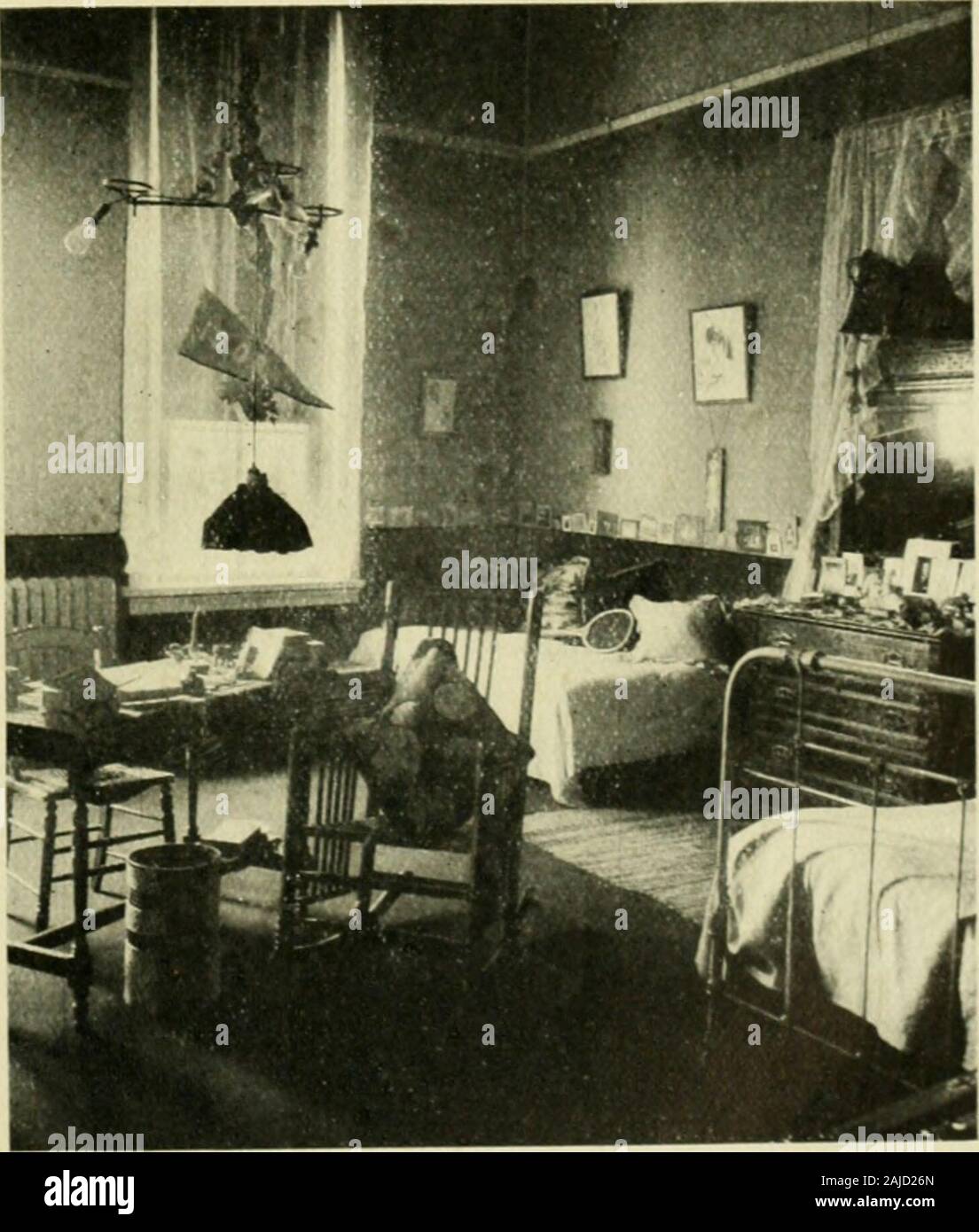
What resulted was Eno's June, 1973 departure from Roxy Music and the beginning of one of the most innovative and uncompromising solo careers of the rock era.īrian Eno: "I'm always prone to do things very quickly, which has distinct advantages- you leave all the mistakes in, and the mistakes always become interesting. Working things out from the aesthetic." Things came to a head immediately following the tour in support of Roxy Music's second album, For Your Pleasure, when Eno as well as several other band members expressed concern over Ferry's increasingly domineering control of the band's direction.
.jpg)
I was never the sort of person who could sit down at the piano and hammer out a song, or says, 'Here man, play this.' I'm much more interested in talking about the ideas behind the music. Eno: "My position in Roxy Music was always half-way between the musical and the theoretical. Truth be told, Eno was never going to last long as part of the supporting cast for a figure like Bryan Ferry, who was becoming more and more concerned with mainstream success just as Eno was trying to push the band in a more artsy, proggy direction. If I'd walked ten yards further on the platform, or missed that train, or been in the next carriage, I probably would have been an art teacher now." Although initially, Eno's role in the band was behind the scenes as "Technical Adviser" due to his lack of experience as a performing musician, it didn't take long for him to join his Roxy Music band-mates on stage where he quickly evolved into one of the most flamboyant figures on the British Glam scene (which was an achievement in itself).

Brian Eno on the random circumstances leading to his tenure in Roxy Music: "As a result of going into a subway station and meeting Andy, I joined Roxy Music, and, as a result of that, I have a career in music.


 0 kommentar(er)
0 kommentar(er)
